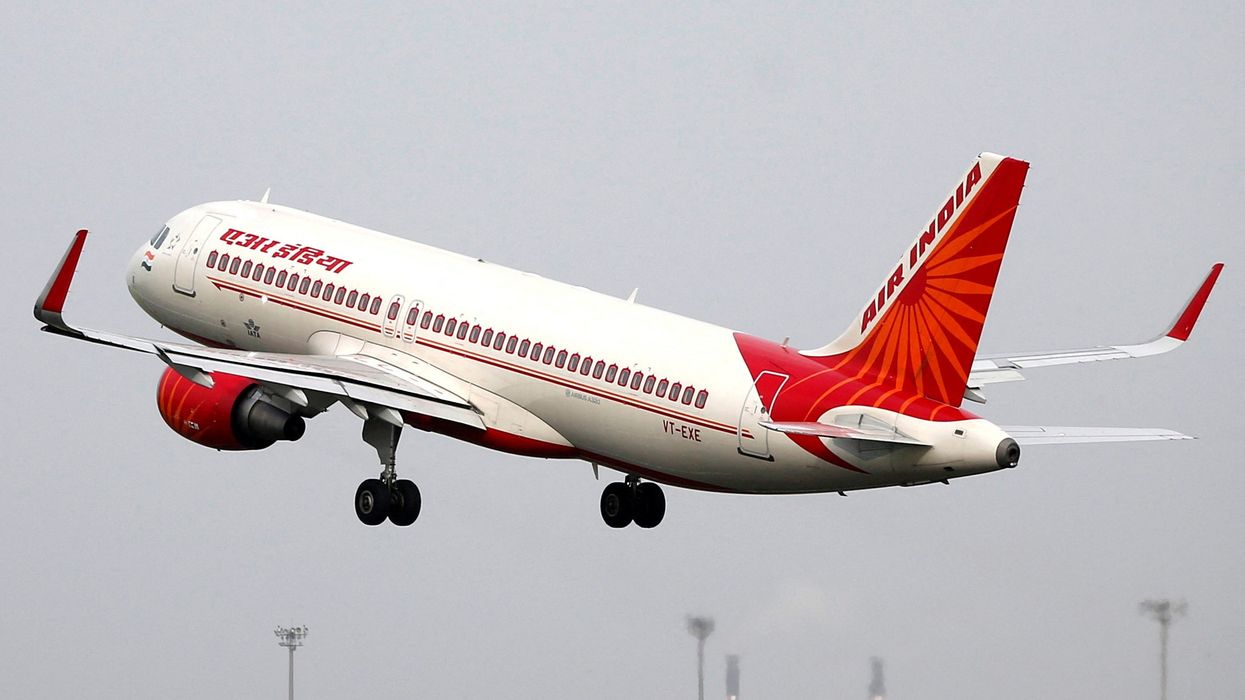A TEAM of ten officials from India's aviation safety watchdog is visiting Air India headquarters for an annual audit, according to a government memo.
The visit comes as the airline faces scrutiny following a plane crash on June 12 that killed 271 people.
Although the audit is not connected to the crash, Air India has received warning notices for compliance lapses in recent days. The airline has also reduced its routes, citing the need for "operational stability" after the crash involving a Boeing 787-8 Dreamliner in Ahmedabad.
The Directorate General of Civil Aviation (DGCA) team will inspect documents related to Air India's operations, previous audit findings, and action-taken reports, the memo seen by Reuters stated.
The audit team includes several flight operation inspectors and will be led by Adhiraj Yadav, a deputy chief flight operations inspector. Two members of the team are assigned to check compliance with cabin safety norms.
The audit, described as an "annual surveillance and regulatory audit", will be conducted from June 24 to 26. The memo noted that the presence of senior Air India executives is mandatory during the process.
On Saturday, the DGCA issued a warning to Air India for "repeated and serious violations" of pilot duty scheduling rules. The airline was directed to remove three company executives involved in crew scheduling.
Air India said it has complied with the directive.
The airline, which was taken over by the Tata Group in 2022, continues to face challenges in rebuilding its reputation after years of passenger complaints.
Last week, Reuters also reported that Air India was warned for safety rule breaches after three of its Airbus aircraft operated flights despite being overdue for emergency equipment checks related to escape slides.
The cause of the June 12 crash remains under investigation.
(With inputs from Reuters)




